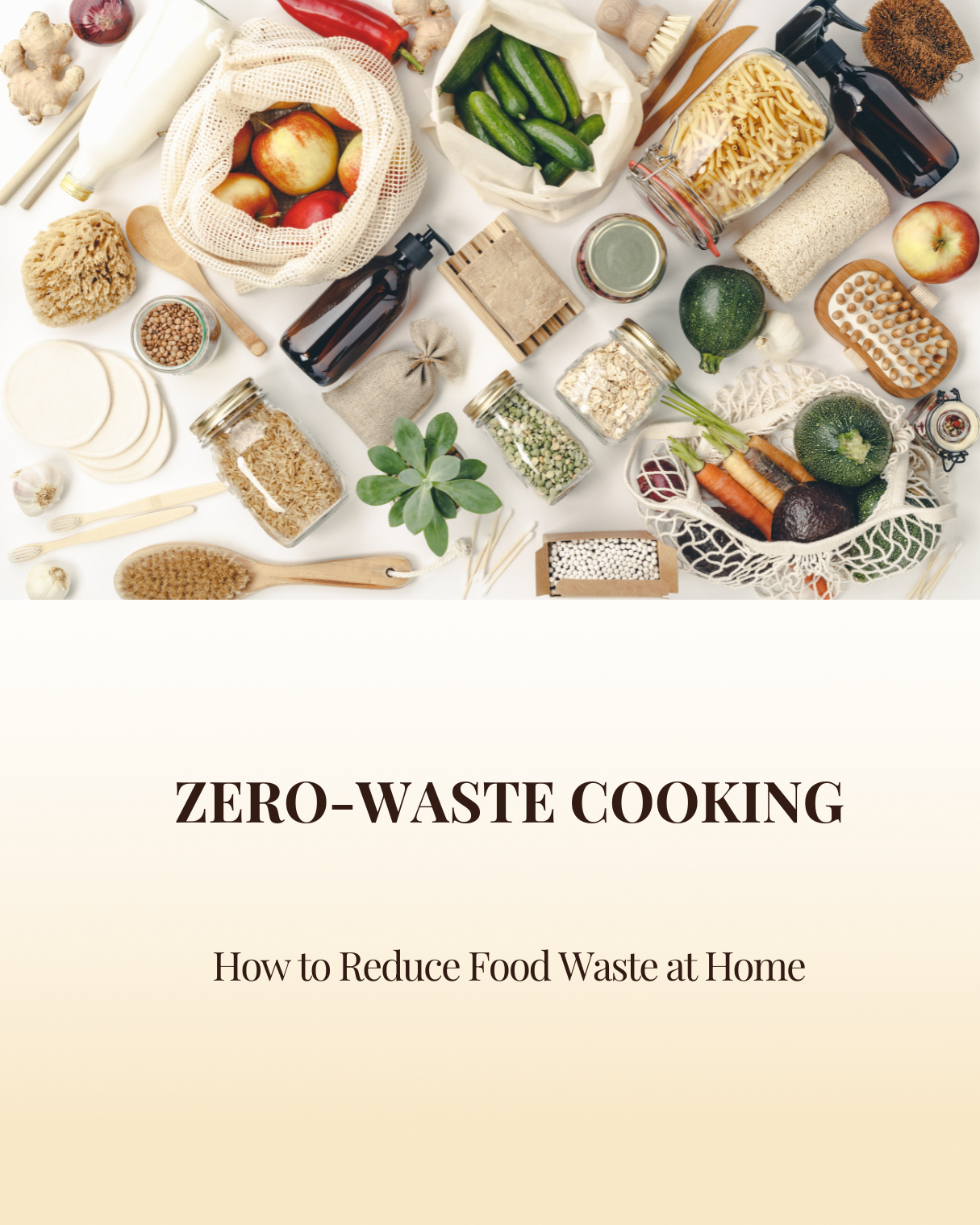Zero-Waste Cooking: How to Reduce Food Waste at Home
Food waste is one of the biggest challenges in modern kitchens. According to the USDA, nearly 30–40% of food produced in the U.S. goes to waste, often right in our homes. Not only is this a strain on the environment, …

